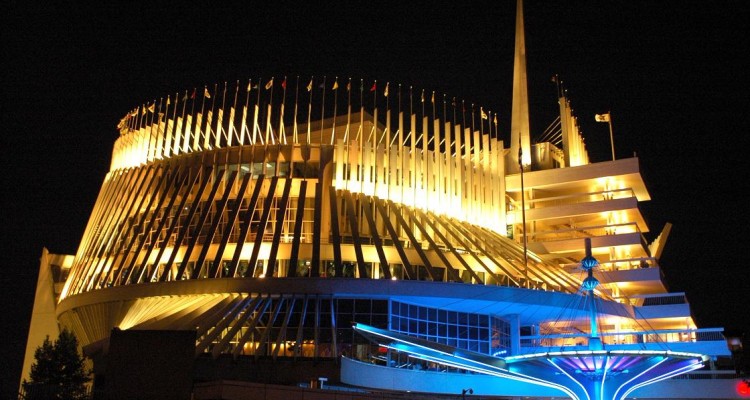America’s northern neighbour has seen steady growth in its casino industry. The regulated gaming industry in Canada includes Lottery, Casino Gaming, Horse Racing, Slots at Racetracks, Video Lottery, and Charitable gaming. Unregulated gambling activities include online lottery ticket sales, casinos, sports books, race books, bingo, and poker sites. While the regulated market has stringent enforcement and accountability measures in place, not all online casinos or betting sites are subject to Canadian government regulation.
There are no specific legal provisions at the crown level to prevent Canadians from placing bets online and one of the most respected online licensing authorities in the world is the First Nation Kahnawake Gaming Commission (KGC), located in the Mohawk Territory of Kahnawake. The KGC operates servers for many online gaming sites and provides a regulatory framework and dispute resolution service with a high incidence of rulings in consumers’ favor. However the KGC operates online casinos under their own rules and guidelines and does not report to crown agencies for regulatory requirements. Well-respected online casinos that simply operate on their reputation for fairness include 32Red Casino, located in Gibraltar and licensed by the government, as well as by the UK Gambling Commission. Another well-known site taking bets from Canadian players is bet365, also licensed and regulated by the Government of Gibraltar.
The Canadian gaming industry as a whole represents a significant portion of the country’s revenues and labor markets with canadiangaming.ca noting $16b in annual revenue and the direct or indirect creation of 253,487 jobs.
The Canadian lottery industry moved into the online sector with the British Columbia Lottery Corporation’s first online casino in July 2010, followed by Loto-Quebec’s inaugural online poker and casino site in December. As a whole, the country has been proactive in their ability to legalize and regulate the online gaming space, resulting in increased revenues for Canadian coffers.
Each year the Canadian Gaming Summit is held in June to address legal and other developments in the industry. The 2016 summit will be held in Ottawa/Lac-Leamy. Some of the subjects covered at the 2015 conference event were follow-ups of the highly successful 2014 workshop, which focused on anti-money laundering regulations. This conference helped participants understand regulatory expectations and challenges in ongoing compliance with AML/CTF, as well as a discussion of strategies to manage new definitions of casinos under the federal legislation.
Another workshop was focused on the growing Fantasy Sports market. With an eye toward potential regulation in Canada, participants explored the activity’s legal status in the U.S. as well as how it is managed there.
Social Gaming also had its own conference that covered issues such as legitimacy of the activity, revenue models, and what – if any – regulations apply.
The iGaming portion of the summit included discussions on casinos that operate in the so-called ‘gray area’ of the online market, such as 32Red Casino with their licenses from the most prestigious European gambling regulators, but no place in the Canadian regulatory scheme.
A separate panel also focused on problem gambling lawsuits, many of which have been focused on lottery corporations, alleging they have a duty of care for compulsive gamblers; either through self-exclusion policies or in general.
For the most part Canadian gamblers have many protections under the law, and under the policies of respected online casinos. Age verification and other identity checks, eCogra certification in some instances, secure online banking options, and the ability to use Canadian currency without conversion fees or unnecessary transfers chief among them. All well-known providers in the Canadian online gambling landscape also provide access to problem gambling resources for those who may find themselves with a gambling control problem.


